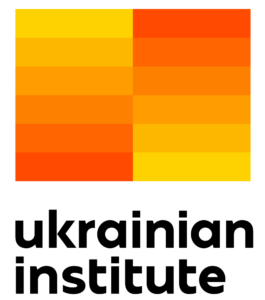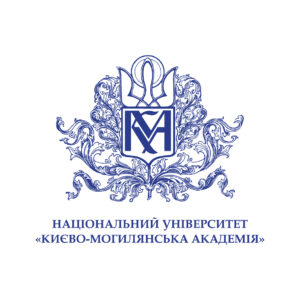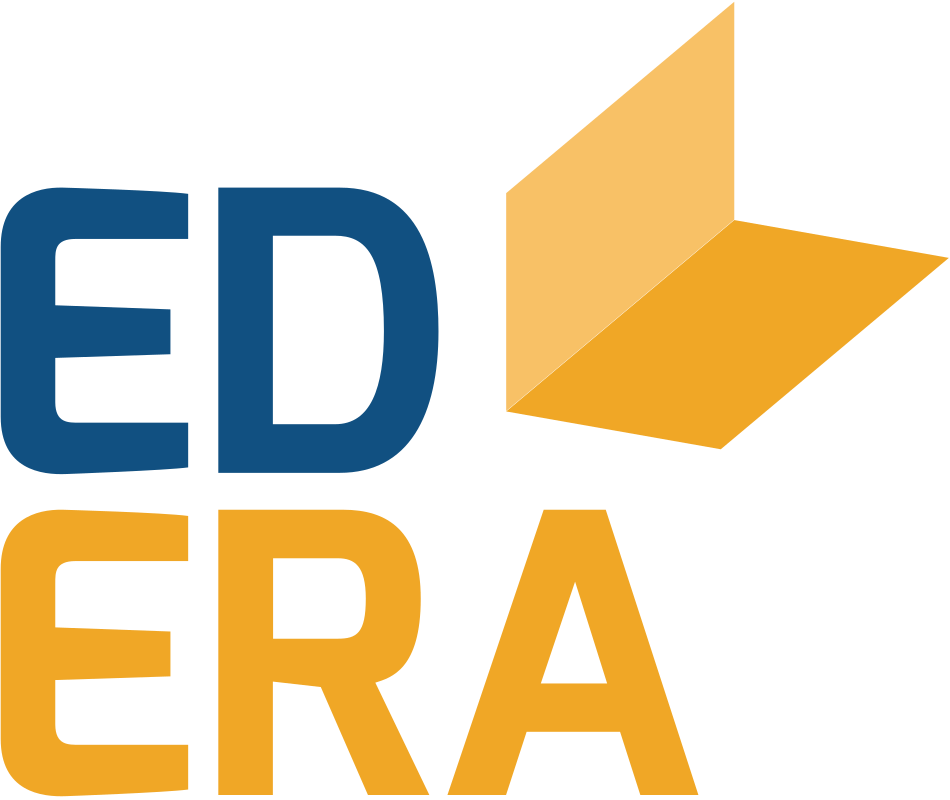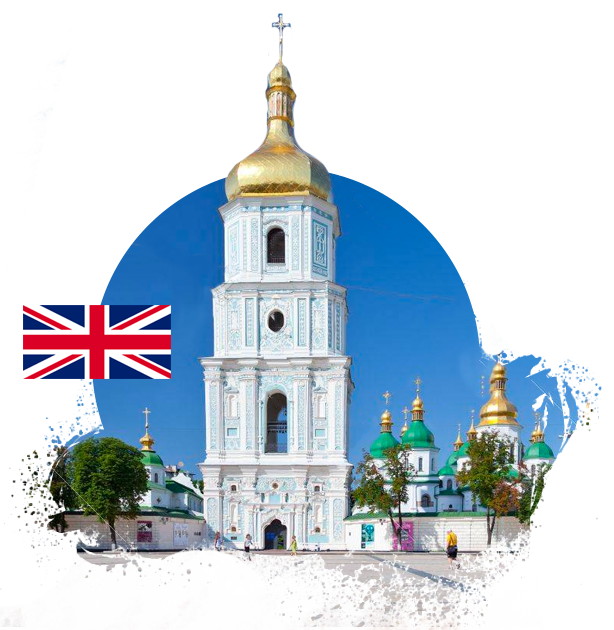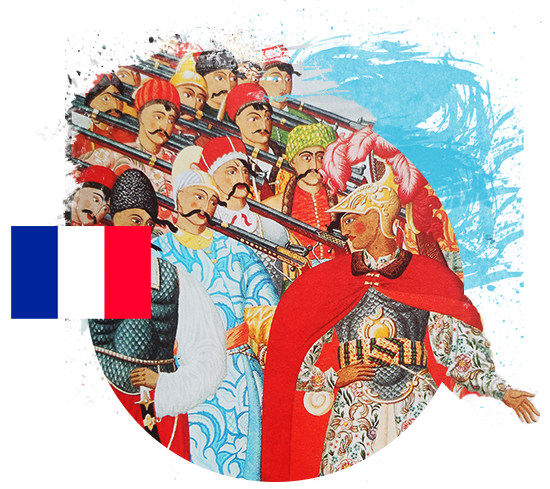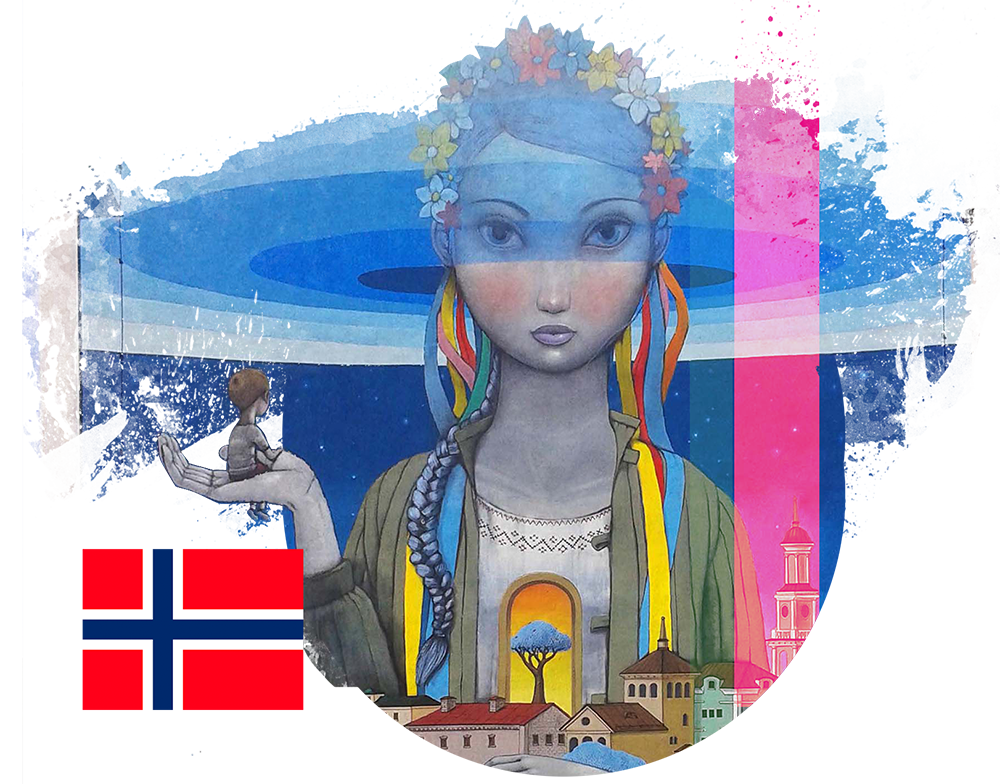Ukraine: History, Culture, and Identities
MOOC
«Ukraine: History, Culture, and Identities»
A short introductory course in the history, culture, and society of Ukraine from the Middle Ages to the present. The course is aimed not only to provide basic knowledge of Ukrainian history and culture but to reveal Ukrainian impact on European and world history.
The course is free of charge. In English. To enrol, you only need to register on Coursera.
The course is available
in the following languages:
Each module of the course is dedicated to a particular historical period and consists of original video lectures, supporting materials with chronology, glossary, a list of suggested readings.
The module outlines the main course of events in Ukraine after independence. Explains the causes and consequences of 3 revolutions: the Revolution on Granite, the Orange Revolution and the Revolution of Dignity. Outlines the main directions of foreign policy development in Ukraine.
The module tells the story of the origin and decline of Kyivan Rus, explains the basics of the development of Ukrainian statehood in medieval times. Introduces the context of the spread of Christianity, as well as the influence of religion and byzantine culture on Kyivan Rus.
The module tells about the religious development in Ukraine in the early modern times and introduces the creation of the Uniate Church in the context of the Reformation in Europe. It also talks about the emergence of the Cossacks as a military force that actively participated in major military campaigns in Europe, as well as the peculiarities of the state-building processes of the Cossack community.
The module tells about the development of Ukrainian lands in the long nineteenth century as part of two empires: Russian Empire and Austria-Hungary. It focuses on the multiethnic composition of Ukrainian lands, the development of industry, and the process of politicization of Ukrainian national movement.
The module tells about so-called Ukrainian Revolution, an attempt to build a Ukrainian state after World War I, and the process of Ukraine`s entry into the Soviet Union. It touches on the rise of culture and art in the 1920s (Ukrainian modernism) and explains the causes and consequences of the “great terror” of the 1930s. The last part is devoted to the Ukrainian experience of World War II, Ukrainian dissident movement in the Soviet state, and the political and cultural developments of the late Soviet period.
Lectors:
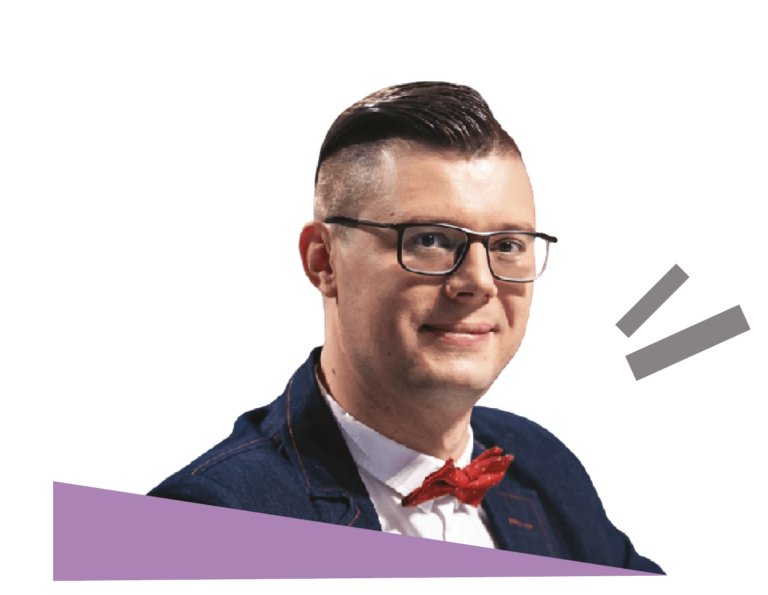
Dr. Maksym Yakovlev
Head of the Department of International Relations, National University of Kyiv-Mohyla Academy, Director of School for Policy Analysis
Dr. Maksym Yakovlyev received his MA in Comparative Politics from the Department of Political Science of the National University of Kyiv-Mohyla Academy and his PhD from the National Academy of Sciences of Ukraine. He also studied Social Policy Analysis at University of Oxford, Department of Social Policy and Social Work. His research interests focus on socio-political transformations in the post-Soviet space.
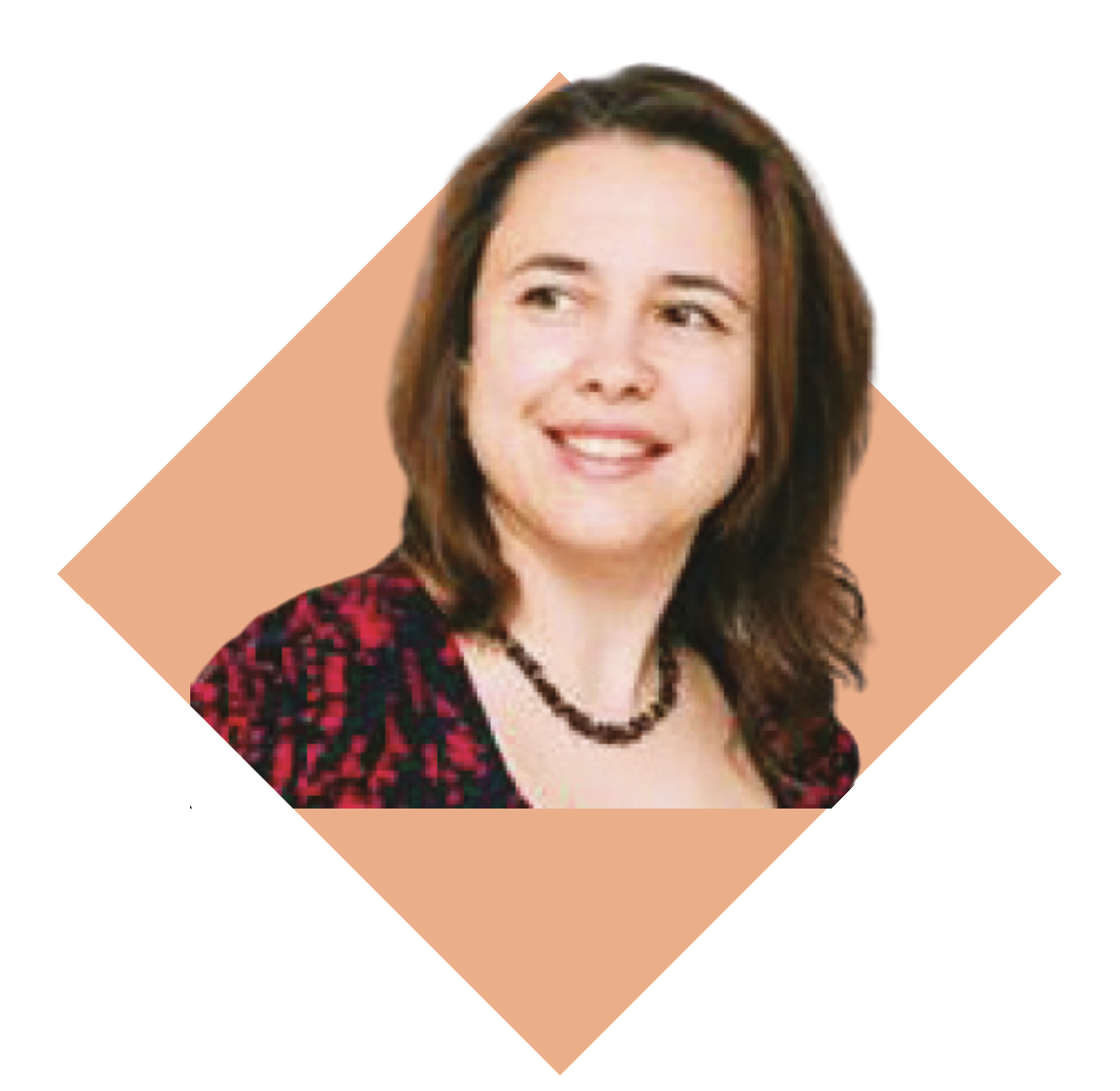
Dr. Tetiana Grygorieva
Associate Professor of the Department of History, National University of Kyiv-Mohyla Academy
Dr. Grygorieva earned her MA from the Central European University (Budapest, Hungary) and her PhD from the National University of Kyiv-Mohyla Academy (Ukraine). She published articles and translations on various topics regarding early modern history with the main focus on diplomatic relations between the Polish-Lithuanian Commonwealth, the Cossack Ukraine, and the Ottoman Empire.
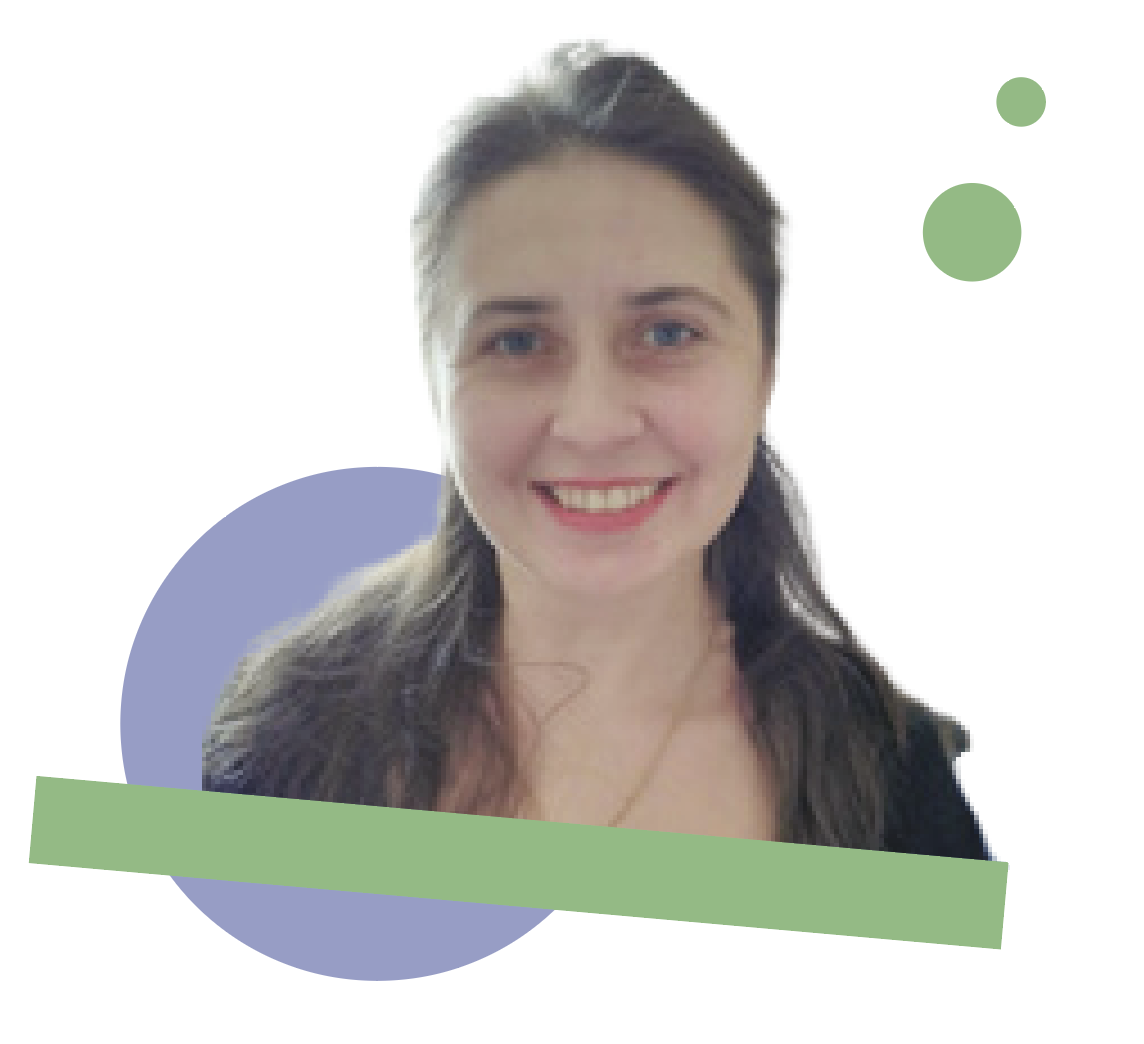
Dr. Natalia Shlikhta
Associate Professor, Head of the Department of History, National University of Kyiv-Mohyla Academy
Natalia Shlikhta received her BA and MA from the National University of Kyiv Mohyla Academy and earned her PhD in History from the Central European University (Budapest, Hungary) in 2005. She also studied theology at the University of Cambridge. Her major research interests are ecclesiastical history of the twentieth century, everyday Soviet history, and history of Soviet society. She authored a monograph titled The Church of Those Who Survived. Soviet Ukraine, Mid-1940s – Early 1970s (2011), textbook History of Soviet Society (2015), and numerous articles in her fields of interest.
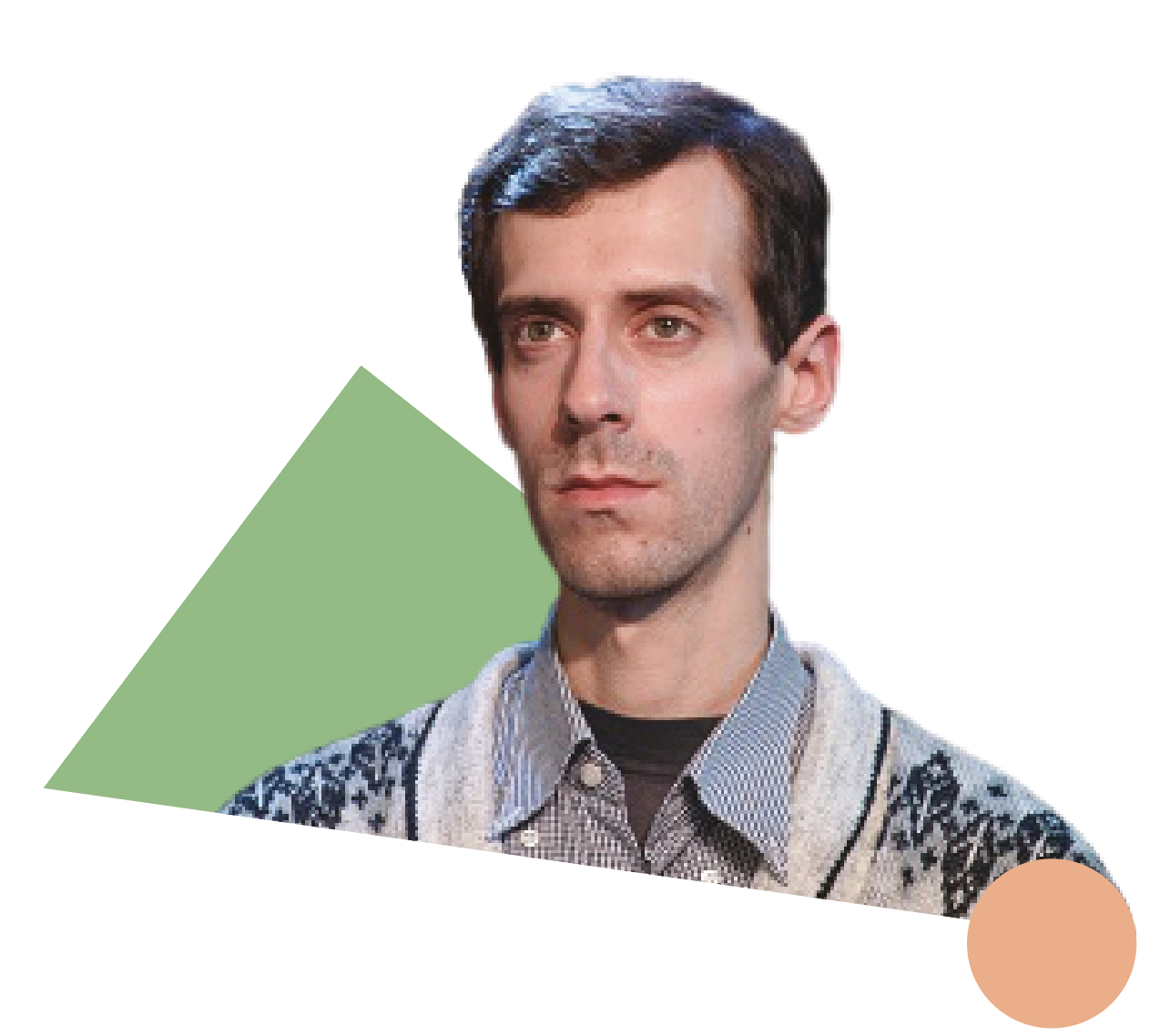
Dr. Vadym Aristov
Senior lecturer of the Department of History, National University of Kyiv-Mohyla Academy
Vadym Aristov received his BA and MA in History from the National University of Kyiv-Mohyla Academy. He defended his doctoral thesis at the Institute of History of Ukraine (The National Academy of Sciences of Ukraine) in 2014. The thesis focused on the chronicles of medieval Rus’. His research interests include the medieval history of Eastern Europe, political history of Rus’, and history writing in the Middle Ages.
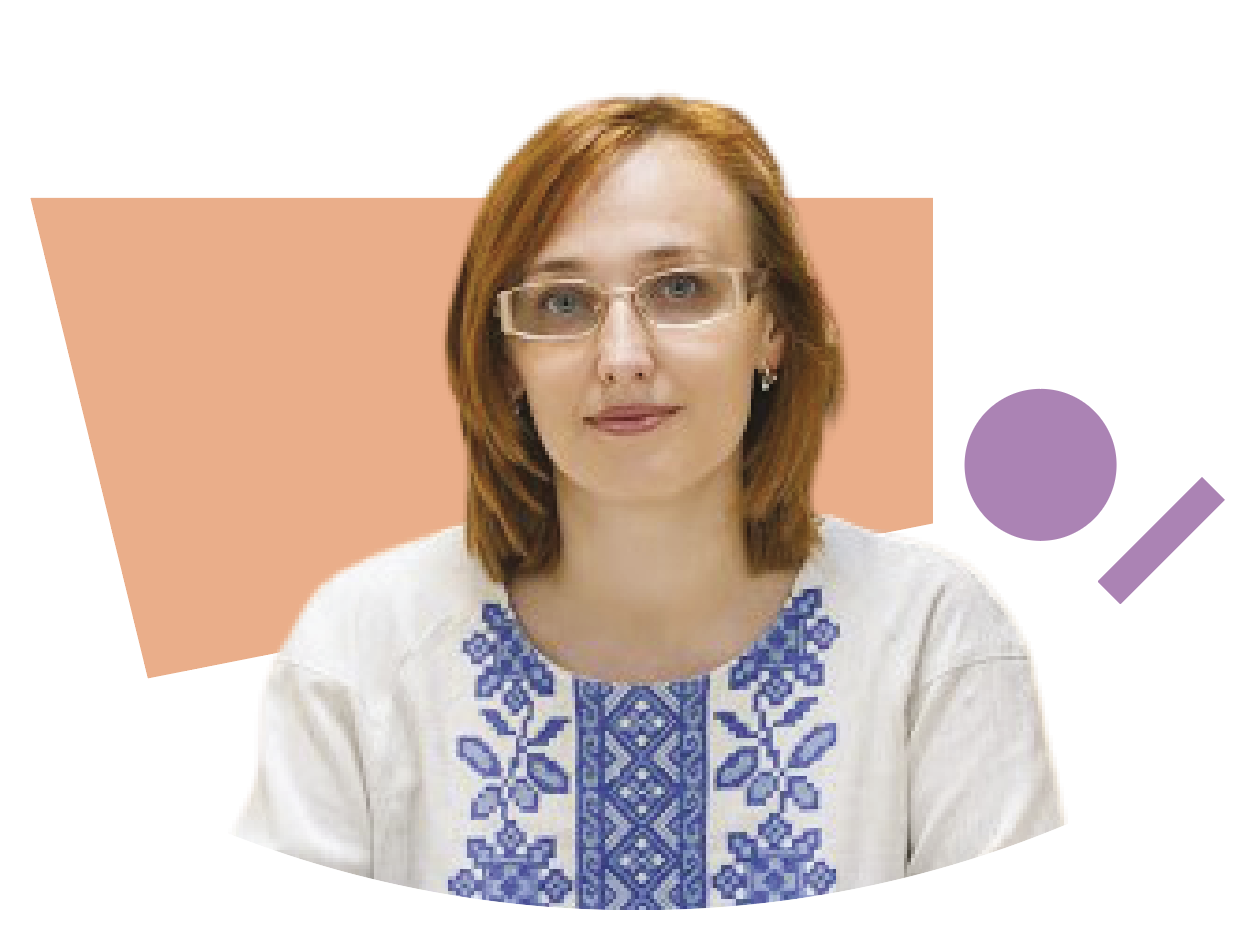
Dr. Kateryna Dysa
Associate Professor of the Department of History, National University of Kyiv-Mohyla Academy
Kateryna Dysa earned her BA and MA in History from the National University of Kyiv-Mohyla Academy. She defended her PhD in Comparative History at the Central European University (Budapest, Hungary). She authored the monograph Ukrainian Witchcraft Trials (Budapest, New York, 2020). Her research interests include the history of travel and travel writing in the late eighteenth and nineteenth centuries.
Developers:
